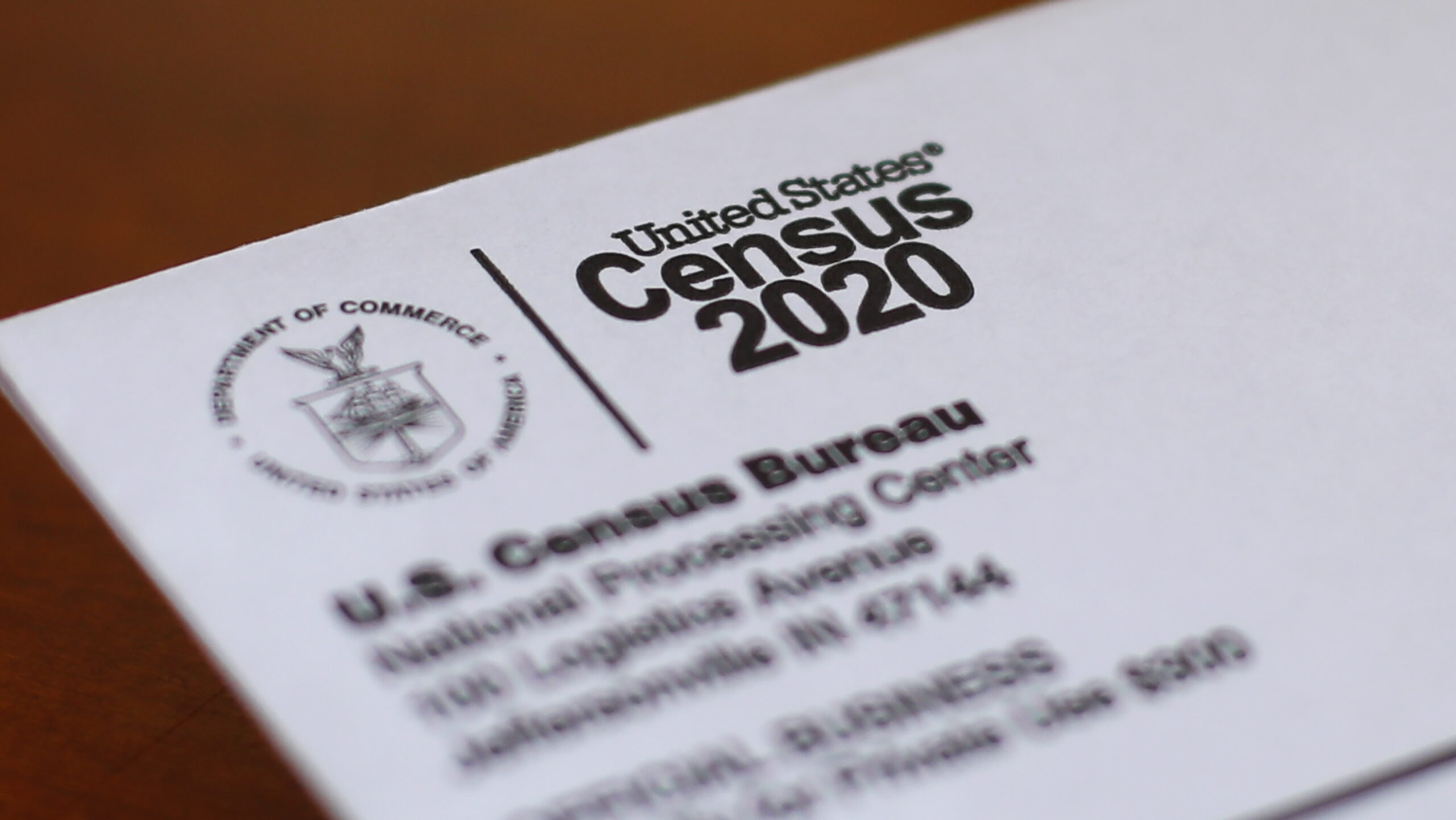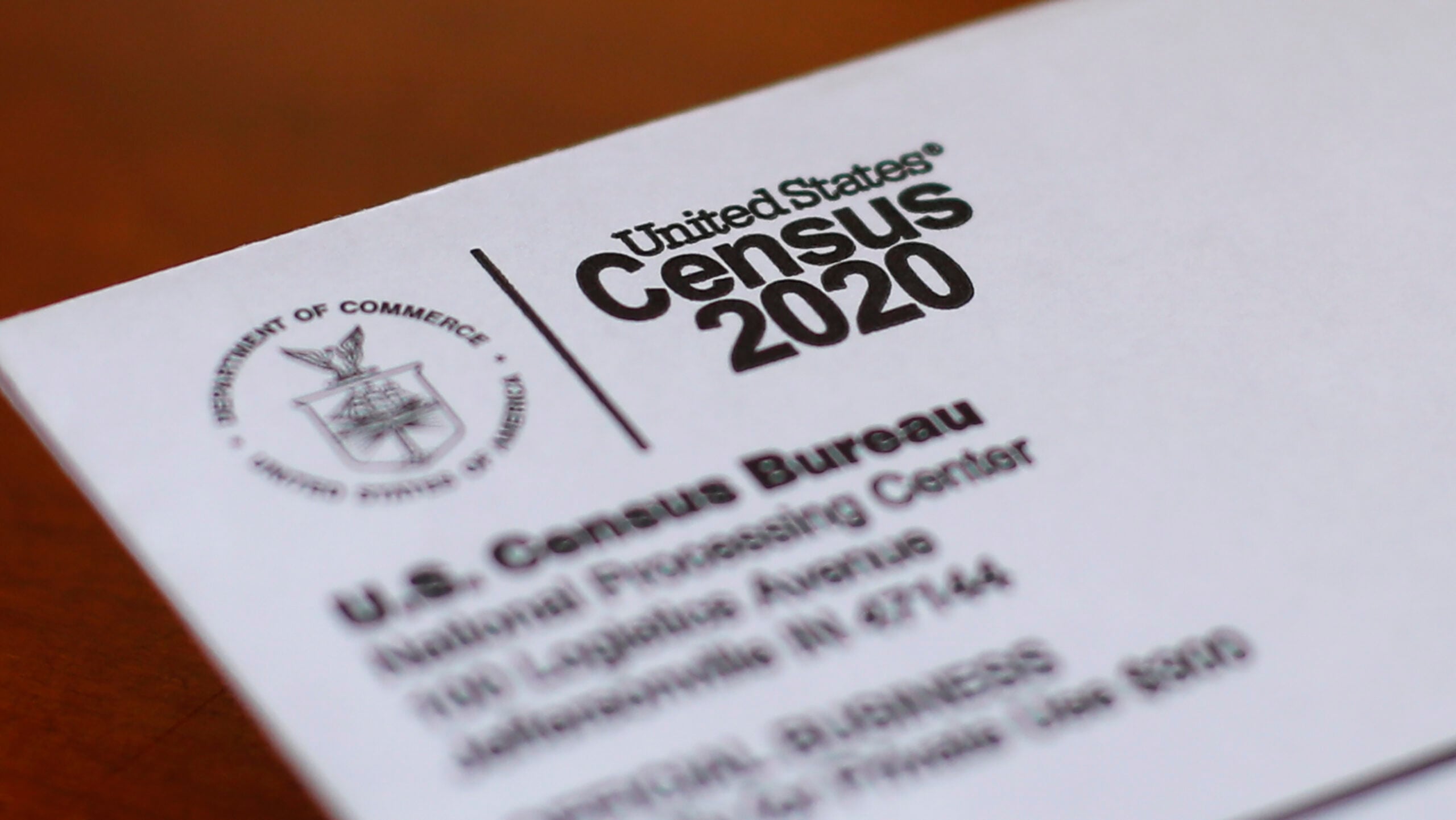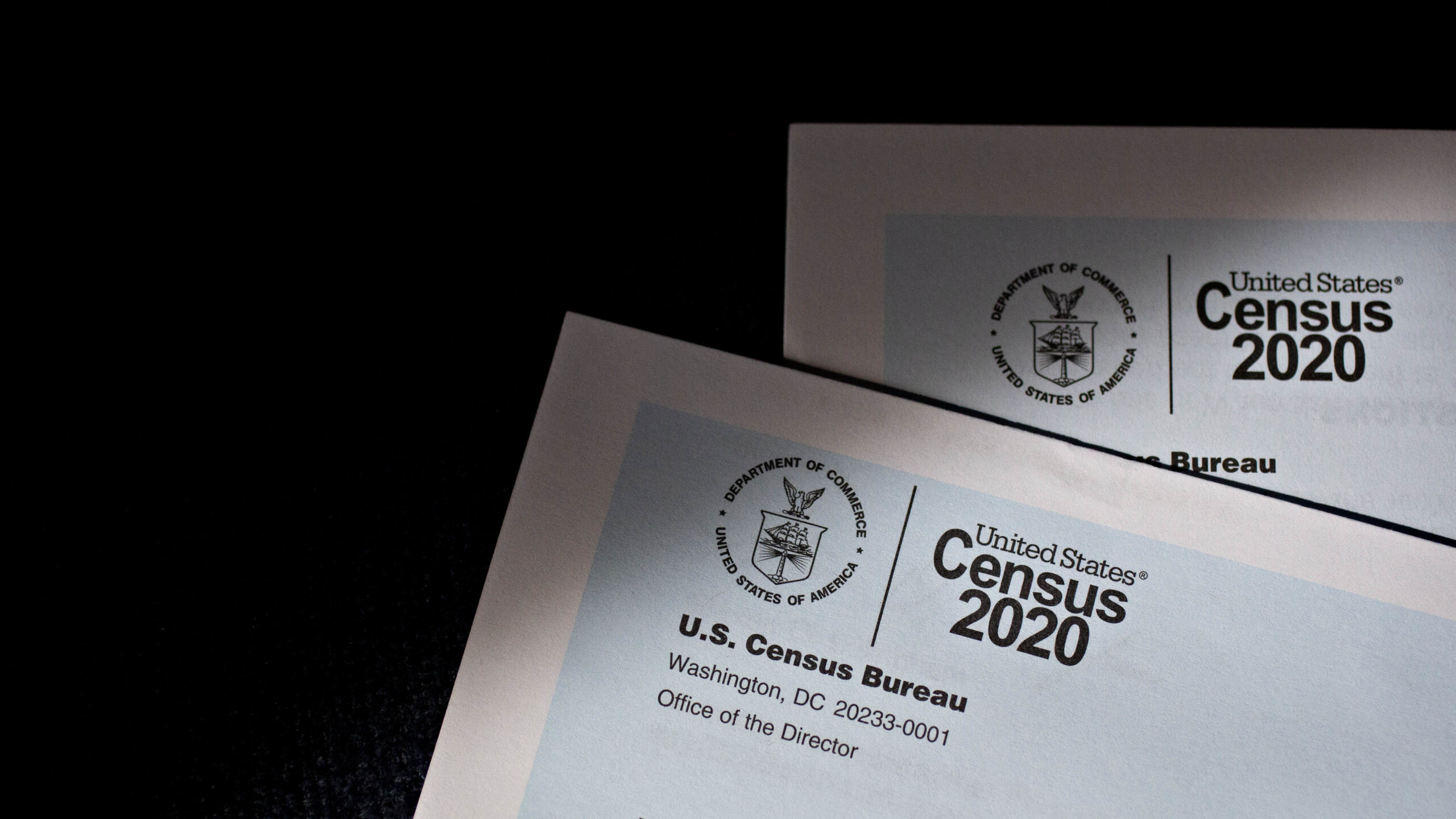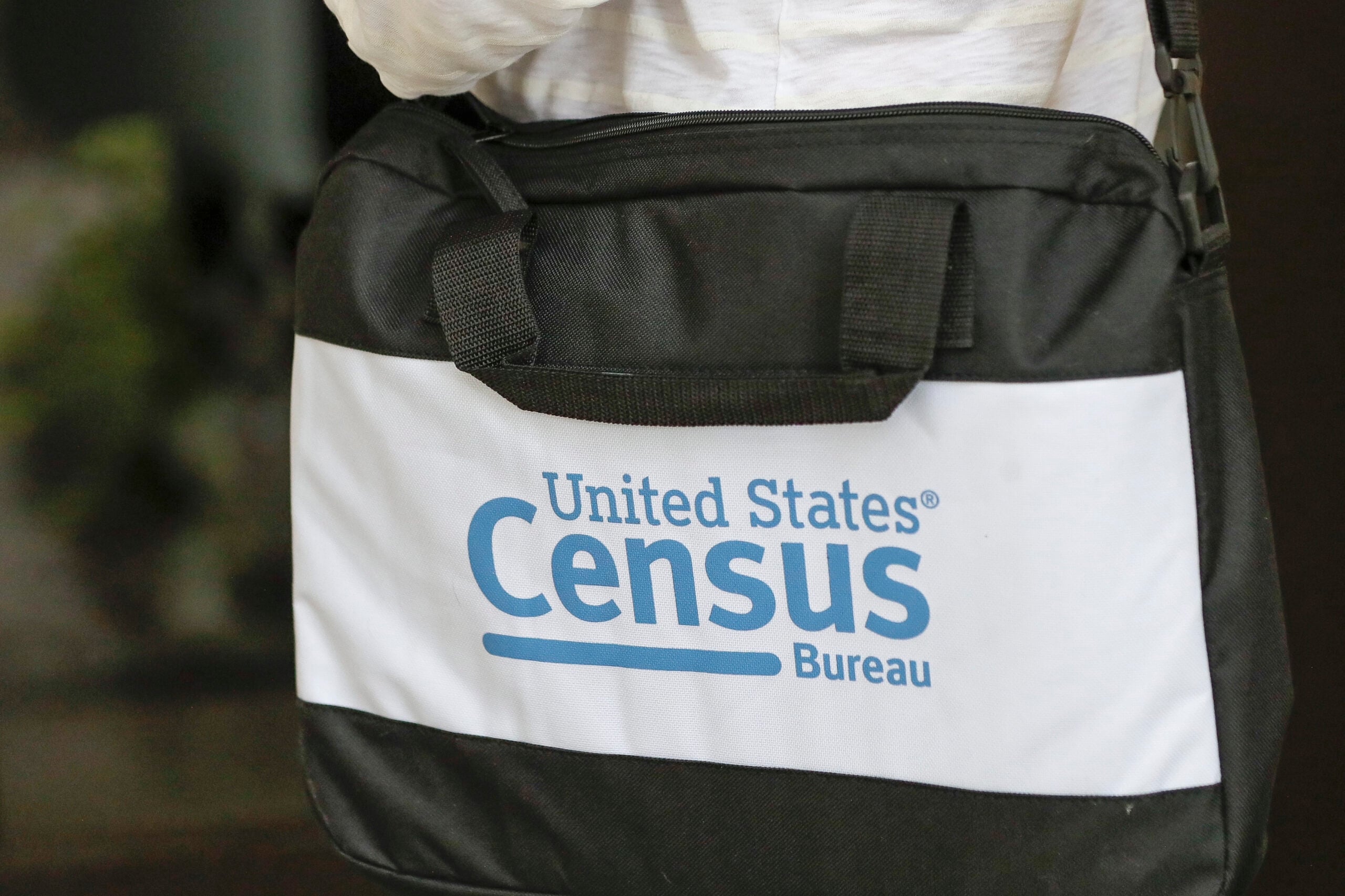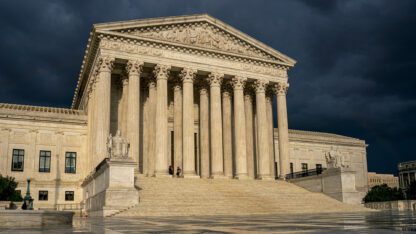Gov. Brian Kemp has an urgent message for Georgians: Fill out the 2020 Census.
Kemp said the stakes are too high not to. Georgia receives billions of dollars in federal money for programs such as Medicaid, rural rental assistance and small business loans. That funding is determined by Census numbers. Georgia received $40 billion in Census-related funding in fiscal year 2017, according to a study by George Washington University.
“We need you to fill out your Census. It is not too late to do that,” Kemp said.
Census numbers also determine how voting districts are drawn and how many electoral votes the state gets.
The Census Bureau trimmed the timeline by about a month to Sept. 30. Now a federal judge has ruled that the Census must continue counting people until the end of October. Advocates have warned that the shortened timeline could lead to an undercount. Groups traditionally undercounted by the Census include Black Americans, immigrants and young children.
Other politicians in Georgia have also been urging residents to fill out the questionnaire, including Atlanta Mayor Keisha Lance Bottoms, Savannah Mayor Van Johnson and East Point Mayor Deana Holiday Ingraham.
State lawmakers have set aside $1.5 million in census outreach. That differs from Texas, which didn’t allocate any money. California, on the other hand, set aside nearly $190 million.
Rusty Haygood, co-chair of Georgia’s Complete Count Committee, says Georgia’s budget is adequate.
“There’s been the opportunity for everyone to have heard about this,” Haygood says. “It’s now on their shoulders to complete the Census.”
The state’s outreach efforts include TV and radio ads, as well as meetings with advocates across the state and an ‘Every.One.Counts’ campaign.
Anna Miller, also co-chair of Georgia’s Complete Count Committee, said it’s important for Georgians to hear the importance of the Census through trusted community groups, such as nonprofits and churches.
“The goal has always been to reach people where they are,” she said.
Yet, Georgia’s self-response rate to the Census lags behind the national rate. And some say the state could have done more to make sure Georgians know the significance of the count.
Wendy Davis, a Rome City Commissioner, said this week that more support from the state to local governments could have increased awareness.
“There have been a lot of states where there has been a stronger coordinated effort than I think you may have seen in Georgia,” said Davis. “There are states that have allocated tens of thousands if not millions of dollars for state resources,” she says, “to hire people, to do PR campaigns, to spend money on those outreach efforts.”
“Nobody’s been not saying the right things. But there’s a difference between saying the right thing and putting your money where your mouth is,” Davis said.
Census door-knockers are in the field attempting to count people who have yet to respond. Georgians can still fill out the questionnaire online or by phone.
